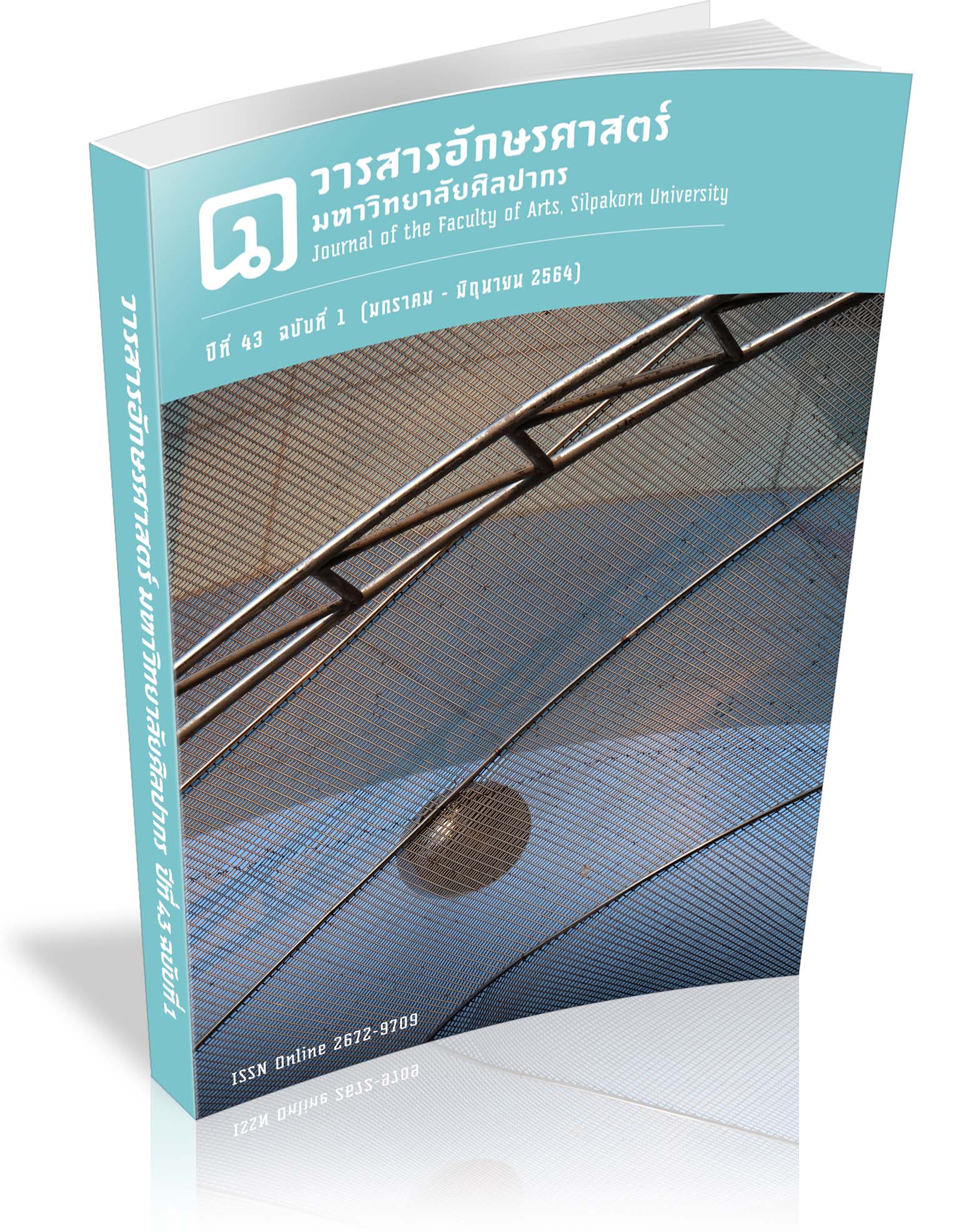Using Role-playing Game (RPG) for Teaching Culture in German as a Foreign Language
Keywords:
Game for instruction, Role-playing game (RPG), German culture, German as a Foreign LanguageAbstract
Games are a teaching medium that can attract foreign language learners’ attention to explore sociocultural issues. This study aims to develop and use an RPG (role-playing game) for teaching culture in the field of German as a Foreign Language in higher education. The selected topic of the study was the history of the Berlin Wall. The RPG developed was put on trial and its teaching efficiency was evaluated by way of a pre- and post-test, and a questionnaire. The data regarding the game’s appropriateness and the learners’ opinions on this teaching material were collected and analyzed. The analysis of the data collected from the 40 students who participated in the game testing showed that the students average scores increased significantly from pre-test to post-test. Participating students were able to gain a fuller understanding of the historical importance of the Berlin Wall through the content of the game. It was found that most students gave positive feedback toward using the RPG as teaching material. In addition, the game helped them to understand the content easier, reducing their stress while learning.
Downloads
References
Borges, S. & Durelli, V. & Reis, H. & Isotani, S. (2014). A Systematic Mapping on Gamification Applied to Education. Proceedings of the ACM Symposium on Applied Computing. 10.1145/2554850.2554956.
Bunnenberg, C. (2017). Digitale Zeitreisen in Die Vergangenheit? Computerspiele Mit Historischen Inhalten Und Geschichtskulturelles Lernen Im Geschichtsunterricht. In: Zielinski, W. et al. (eds.): Spielend Lernen! Computerspiele(n) in Schule Und Unterricht. Nordrhein-Westfalen: Kopaed: 117-125.
Götze, L. & Helbig, G. & Henrici, G. & Krumm, H. (2010). Die Strukturdebatte als Teil der Fachgeschichte. In: Krumm & Fandrych & Hufeisen & Riemer (eds.): Deutsch als Fremd- und Zweitsprache: Ein internationales Handbuch. Berlin: Walter de Gruyter: 19-34.
Medawela R. et al. (2018). Effectiveness of “fill in the blanks” over multiple choice questions in assessing final year dental undergraduates. Educación Médica 19(2): 72-76.
Pardoel, B. (2018). Gamification and Its Potential for Foreign Language Learning Lessons from a Six-Week Gamified Moodle Course for German as a Foreign Language at Secondary School Level. Master thesis, Cyprus University of Technology.
Downloads
Published
How to Cite
Issue
Section
License
ผู้เขียนบทความต้องยินยอมในข้อกำหนดต่าง ๆ ของวารสารก่อนส่งบทความตีพิมพ์



